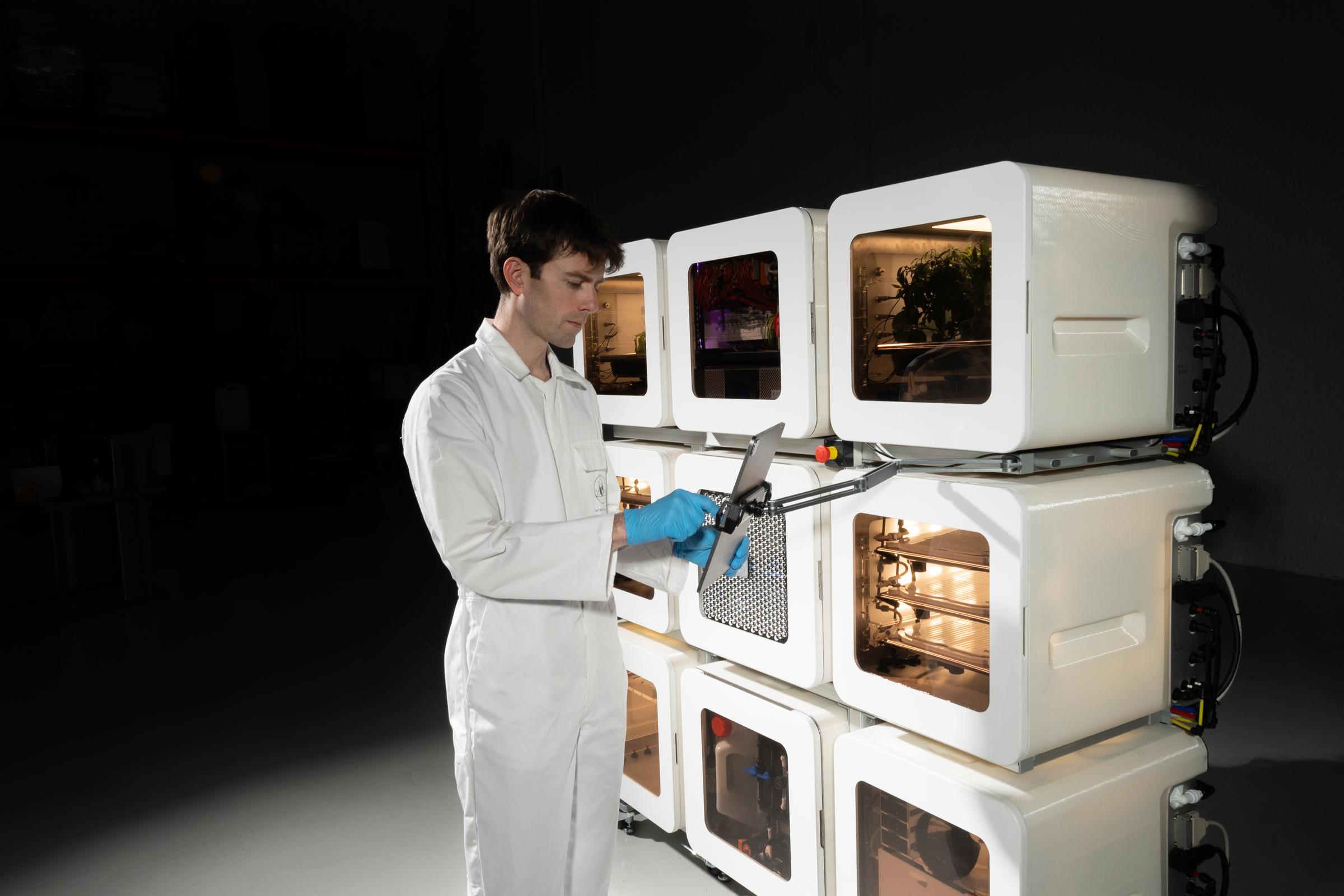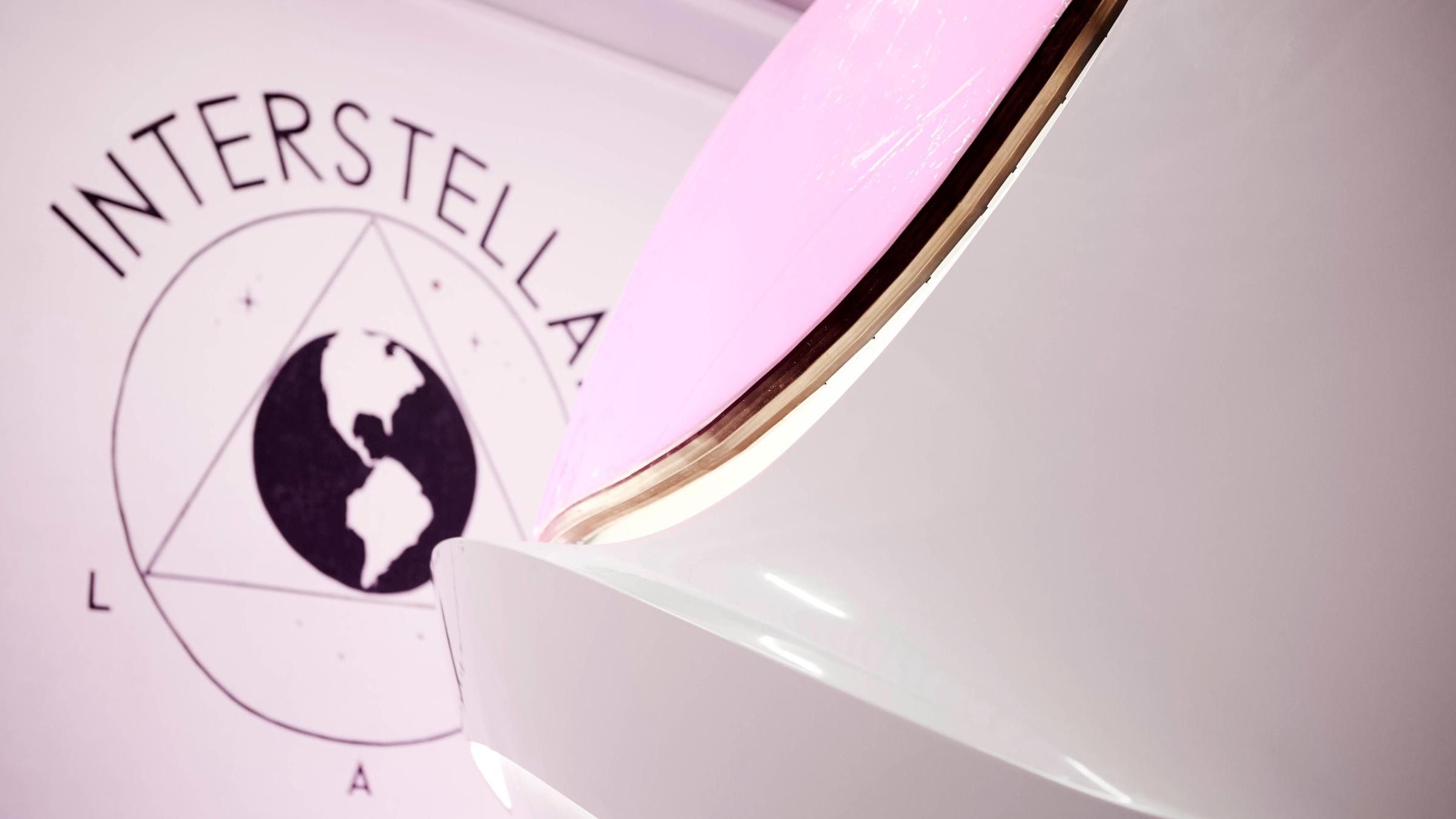Interstellar Lab has emerged as the winner of NASA's Deep Space Food Challenge, taking home a total of $1 million in prize money. The cutting-edge food production system, NuCLEUS (Nutritional Closed-Loop Eco-Unit System), was specifically designed to support long-duration space missions by providing a sustainable, efficient, and nutritious food supply.
Launched in 2019 by NASA in collaboration with the Canadian Space Agency, the Deep Space Food Challenge aimed to inspire the development of innovative food production technologies that require minimal resources, produce little waste, and ensure safe, nutritious, and tasty food for space exploration. After three years of competition among over 300 teams from more than 30 countries, Interstellar Lab won Phases I, II, and III, emerging as the top U.S. team.
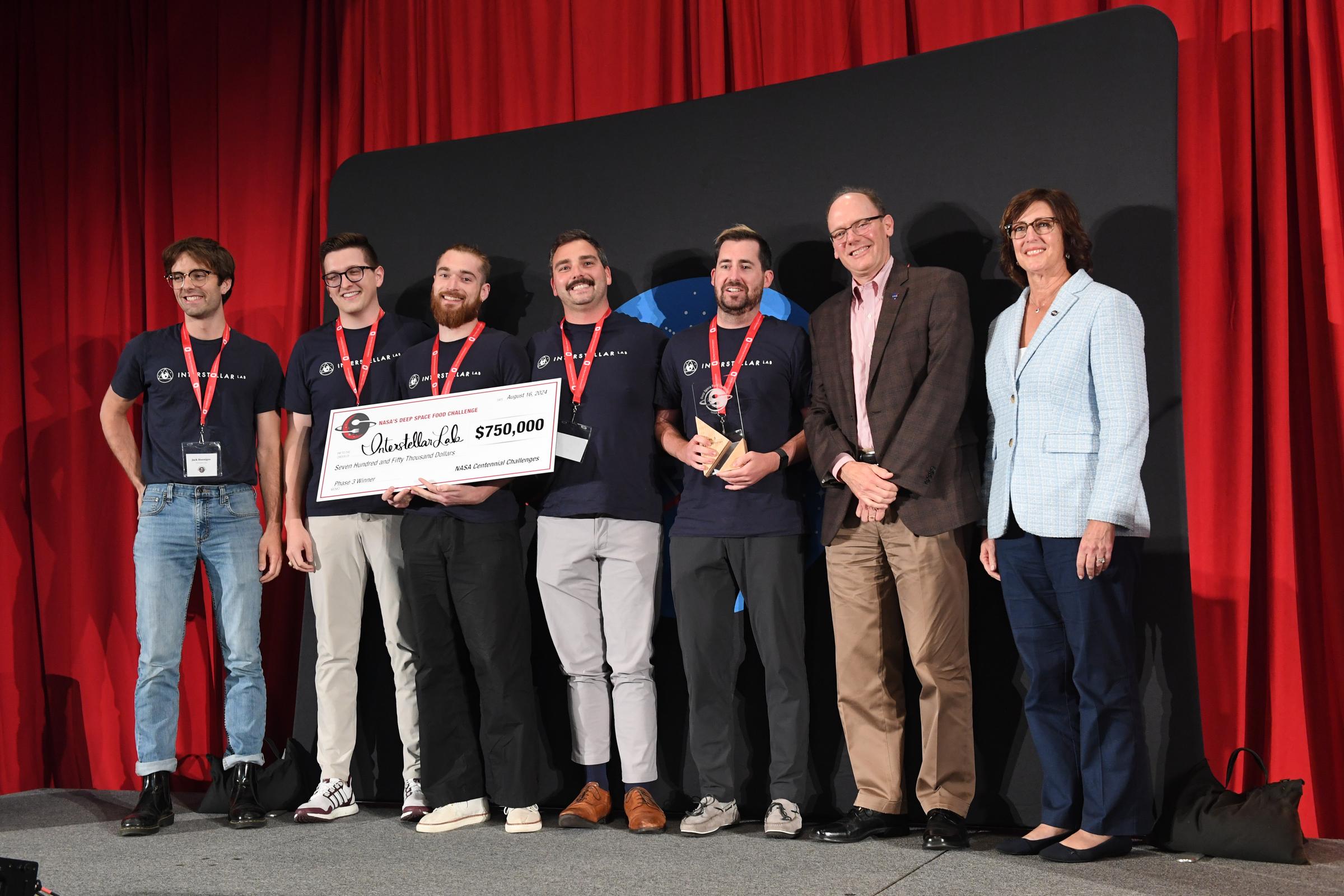
The final Phase III of the challenge involved a team of 4 'Simunauts' to operate the NuCLEUS hardware at Ohio State University Analog Facility over a month of production. During this time NuCLEUS operated autonomously, growing the various crops that were selected specifically for the challenge. Interstellar Lab Mission Control remotely instructed the simunauts on maintenance and harvesting throughout the challenge. Over the course of the operational timeline, NuCLEUS ended up producing roughly 10kg of food with the following nutritional profile: 558g Carbohydrates, 286g Protein, 56g Fat, and 3622 calories.
This victory is a testament to the dedication, creativity, and hard work of our talented team. We are incredibly proud of NuCLEUS and what it represents for the future of space exploration and sustainable food production.
Barbara Belvisi, Founder and CEO (Interstellar Lab)
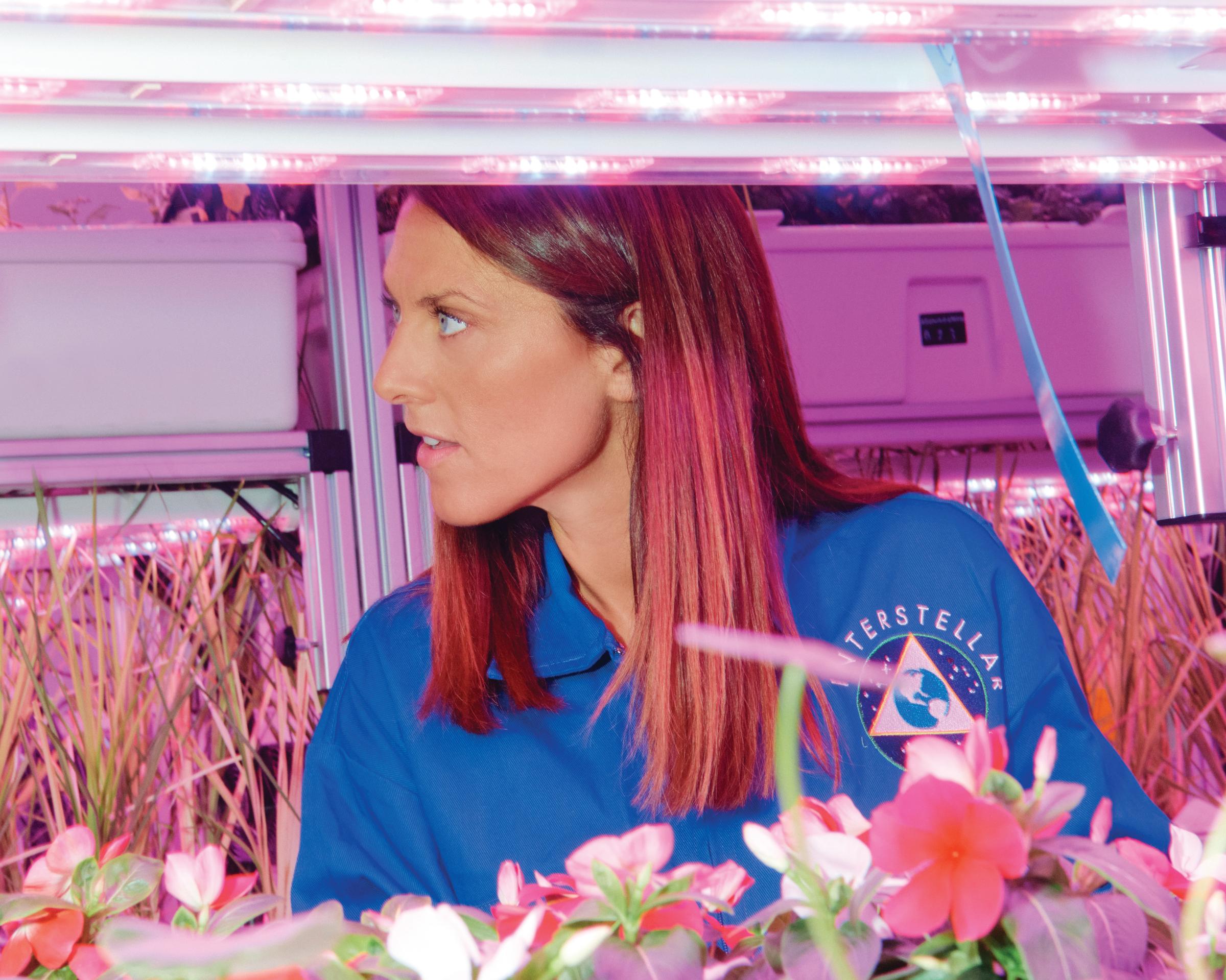
The power of NuCLEUS and its bio quarks
The NuCLEUS system leverages modular bioregenerative technology to grow fresh microgreens, vegetables, mushrooms, and insects, providing essential nutrients for astronauts on extended space missions. NuCLEUS features modular 'Quarks' for operation. 3 of these Quarks are System Quarks which include the computer, power distribution, irrigation system, chiller and heater, air control, etc. The other 6 Quarks are Bio Quarks. These Quarks are designed to grow the various crop species in NuCLEUS. This iteration of NuCLEUS was designed to operate for 3 years and successfully represents a TRL 5 prototype.
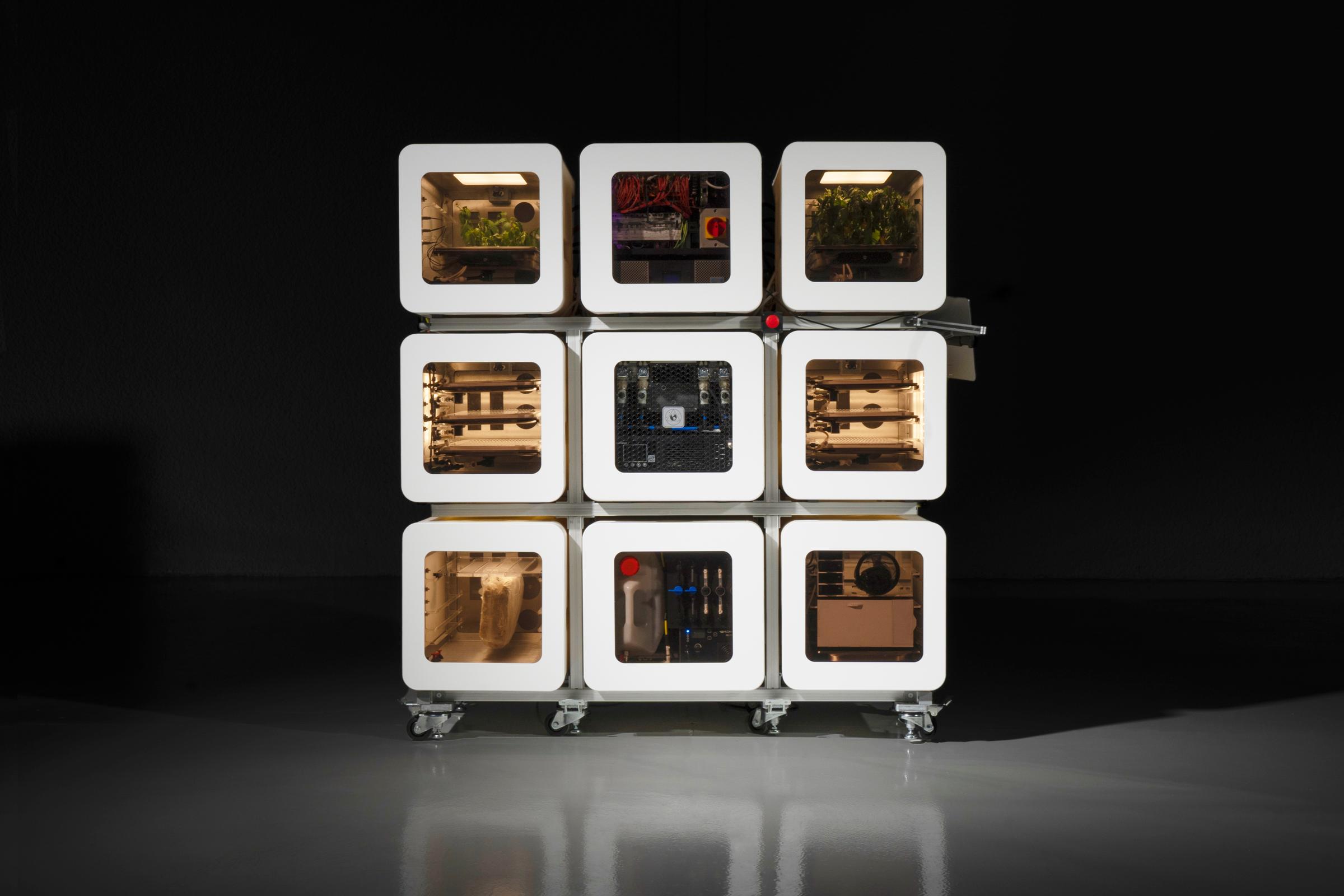
Maximizing growth with minimal effort: NuCLEUS in action
NuCLEUS controls multiple environmental parameters within the Bio Quarks (Temperature, Humidity, VPD, CO2, Lighting) ensuring consistent crop growth. The irrigation system was greatly improved from Phase II, utilizing a nebulizer to create fine water particles that the plants roots absorb. This change from Phase II resulted in a 60% more efficient irrigation system. The system is designed to operate with minimal human intervention, requiring only 4 hours of crew time a week, ensuring that astronauts can focus on mission objectives while maintaining a consistent food supply. Our Space Program is working to develop the next iteration of NuCLEUS for use in Low Earth Orbit.
